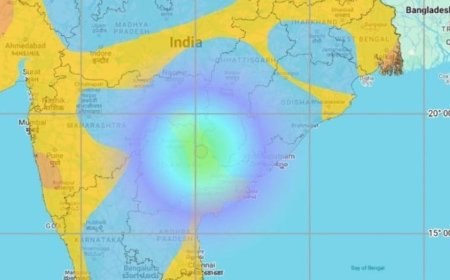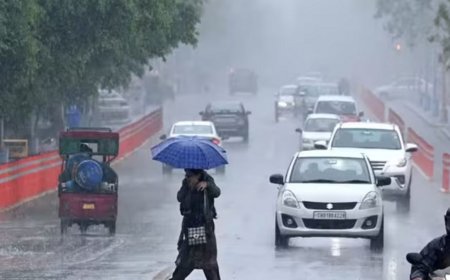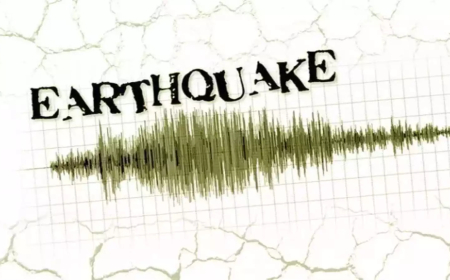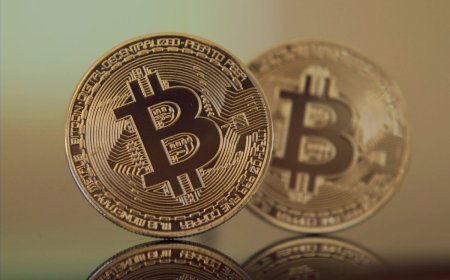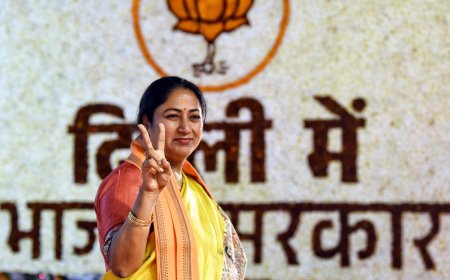Pakistan Clarifies: No Step Taken to Cancel Bilateral Agreements with India, Says Foreign Minister
Pakistan’s Foreign Minister has clearly stated that no decision has been made to cancel or end existing agreements with India. The official statement came amid growing speculation. Read the full details and political context here.
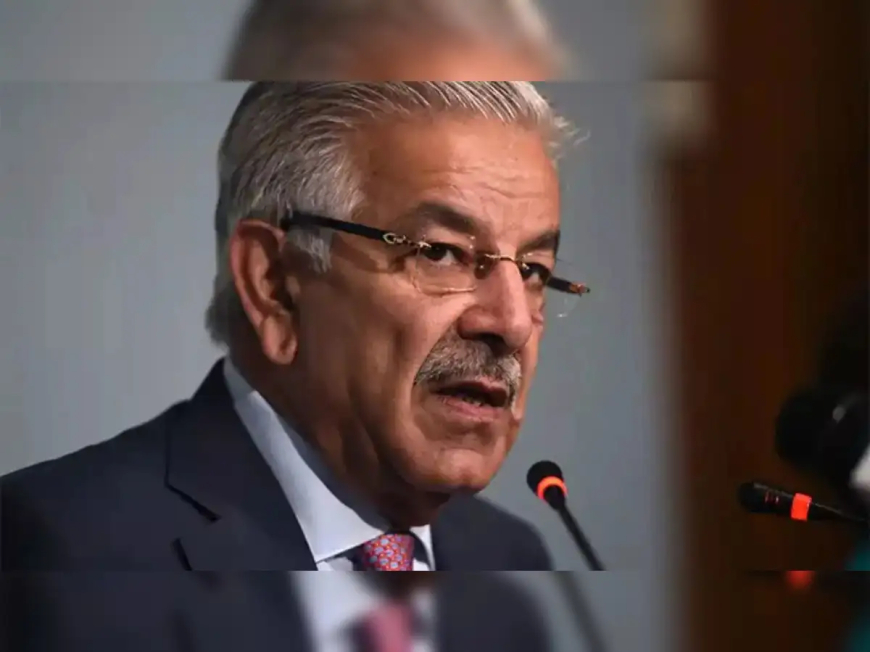
Introduction: Clarity Amid Speculations
-
Recently, several reports and online discussions hinted that Pakistan might be planning to cancel its bilateral agreements with India.
-
However, on June 6, Pakistan’s Foreign Minister clarified that no such decision has been taken by the government.
-
This announcement was made during a press interaction, aiming to end confusion and settle ongoing debates in the media and public.
-
Let's explore what the minister said, the background of these speculations, and the bigger picture of India-Pakistan ties.
1. What Exactly Did the Foreign Minister Say?
-
In a direct statement, Pakistan's Foreign Minister said:
"As of now, no move has been made to cancel or suspend any existing bilateral agreements with India."
-
He further emphasized that such matters involve serious national discussion, and no formal proposal or plan is under consideration at the moment.
-
The minister’s words were meant to end the rumors circulating in political and diplomatic circles.
2. Why Were There Rumors About Terminating Bilateral Deals?
-
In recent weeks, tensions and debates resurfaced around the status of Indo-Pak relations.
-
Some Pakistani political leaders had made remarks questioning the relevance of existing agreements with India.
-
These comments, though unofficial, sparked widespread speculation on media platforms.
-
It was believed that Pakistan might review older agreements signed between the two countries, especially those relating to trade, water sharing, and cross-border cooperation.
3. A Quick Look at Key Agreements Between India and Pakistan
-
There are several key bilateral treaties and memorandums between the two nations:
-
Simla Agreement (1972) – Signed after the Indo-Pak war of 1971, focusing on peaceful resolution of disputes.
-
Lahore Declaration (1999) – Reaffirmed commitment to nuclear restraint and peaceful dialogue.
-
Indus Waters Treaty (1960) – One of the most important water-sharing treaties brokered by the World Bank.
-
-
These agreements have stood the test of time, despite wars and political instability.
4. Timing Matters: Why Now?
-
The rumors came at a time when domestic politics in Pakistan are heating up post-elections.
-
With new coalitions forming and foreign policy under review, many believed that changes in external relations could follow.
-
On the Indian side, a new government term has begun, leading to discussions about what direction Indo-Pak relations will take next.
-
However, as of now, no official communication suggests that any change in treaty status is happening.
5. What This Statement Means for Regional Stability
-
This official clarification from Pakistan sends a message of continuity in its foreign policy.
-
It is especially important for:
-
Maintaining regional peace
-
Avoiding further military tension
-
Allowing diplomatic backchannels to continue
-
-
The stability of South Asia largely depends on how India and Pakistan manage their long-standing differences.
-
By not scrapping agreements, Pakistan is keeping the door open for future dialogue.
6. Expert Reactions to the Clarification
-
Political analysts and foreign policy experts in both countries welcomed the clarity.
-
According to one Delhi-based political analyst:
"This is a smart move by Pakistan, as breaking agreements would only escalate issues unnecessarily."
-
Experts believe that this approach will also be seen positively by international observers, especially the United Nations and neighboring countries like China and Afghanistan.
7. How Has India Reacted So Far?
-
The Indian Ministry of External Affairs has not made any official comment on Pakistan’s latest statement.
-
However, sources say that India continues to support peace through diplomacy but insists on ending cross-border terrorism as a condition for broader talks.
-
India’s position remains that existing agreements are binding and must be respected by both sides.
8. Global Perspective on Indo-Pak Relations
-
The international community often watches India-Pakistan ties closely because of their:
-
Shared border disputes
-
History of conflicts
-
Nuclear capabilities
-
-
Any statement like this from Pakistan’s Foreign Minister helps maintain a sense of diplomatic calm.
-
Global leaders including the US, UK, and Gulf countries have consistently encouraged both sides to talk rather than isolate.
9. Public Reactions in Pakistan and India
-
Social media platforms in both countries saw a mixed response after the foreign minister's clarification.
-
In Pakistan:
-
Some people praised the government for acting wisely and not reacting emotionally.
-
Others expressed concern that the government was being too soft on India.
-
-
In India:
-
Many called it a “positive step” while others remained skeptical about long-term peace.
-
Memes and tweets flooded Twitter, highlighting the complicated love-hate nature of Indo-Pak relations.
-
10. What Happens Next?
-
While the agreements stay intact, future dialogues and talks remain uncertain.
-
Both nations are currently focused on:
-
Internal economic issues
-
Electoral changes
-
International diplomacy
-
-
However, if relations improve in coming months, the existing treaties can act as a foundation for restarting meaningful discussions.
-
Until then, such clarifications are important to control narratives and prevent misinformation.
Conclusion: Words That Matter in a Sensitive Relationship
-
In complex geopolitical situations like India-Pakistan relations, every official statement matters.
-
Pakistan’s foreign minister has now made it clear that the status quo will continue, at least for now.
-
This gives both sides a chance to focus on peace, trade, and people-to-people ties, instead of confrontation.
-
While deep-rooted issues remain, dialogue can only happen when both sides agree to keep talking, and this statement helps make that possible.
What do you think about Pakistan’s latest clarification? Should India and Pakistan sit down for fresh talks in 2025? Let us know in the comments below.
Would you like this same article rewritten in Hindi or Hinglish, or turned into a YouTube news script? I can do that too!
What's Your Reaction?


















